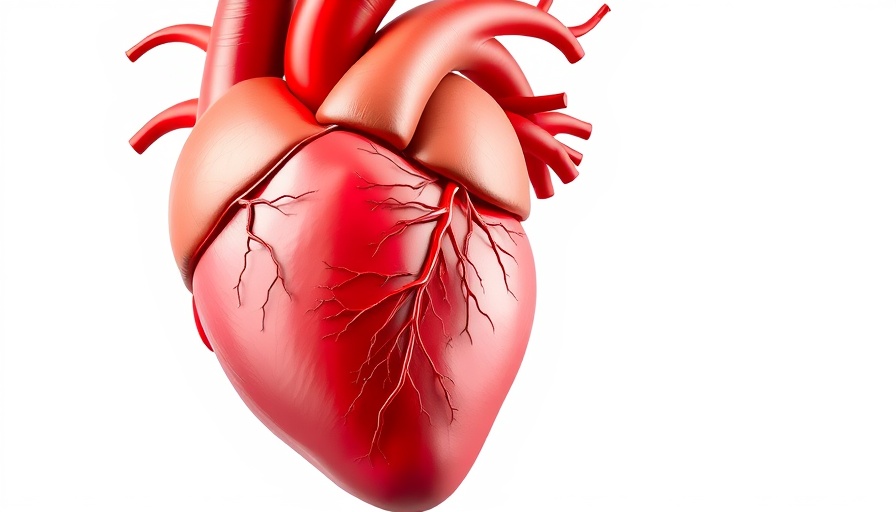
Understanding the Key to Heart Health: Nutritional Choices
Recent research underscores the vital connection between healthy food choices and a reduced risk of heart disease. As we navigate the complexities of modern diets, it becomes increasingly important to understand how the foods we consume can significantly influence our heart health.
Historical Context and Background
Heart disease has been a prevalent issue in various populations for decades. Factors contributing to heart disease encompass genetics, lifestyle, and diet. Historically, diets rich in saturated fats, sugars, and sodium have been linked to heart problems. However, a significant shift towards understanding the benefits of healthier dietary options has emerged over the years.
Studies have shown that a balanced diet emphasizing fruits, vegetables, whole grains, and lean proteins can have a positive impact on heart health. This correlation emphasizes the need for individuals to make informed dietary choices, especially as awareness regarding nutrition continues to grow.
Unique Benefits of Making Healthy Choices
Choosing nutritious foods does more than just lower heart disease risk; it also fosters overall well-being. Adopting a diet rich in essential nutrients provides energy, supports mental health, and enhances longevity. The Mediterranean diet, filled with healthy fats from olive oil and nuts, fiber-rich grains, and abundant fruits and vegetables, exemplifies a choice that promotes heart health. Research suggests that individuals adhering to such diets see not only cardiovascular benefits but also improvements in cognitive function and emotional health.
Actionable Insights: Practical Tips for Heart-Healthy Eating
1. **Incorporate More Fruits and Vegetables**: Aim for at least half your plate filled with colorful fruits and veggies at each meal. They are rich in fiber, vitamins, and minerals, which are essential for health.
2. **Choose Whole Grains**: Opt for whole grain breads, pastas, and cereals over refined versions. Whole grains contain more nutrients and can aid in regulating blood sugar levels.
3. **Limit Saturated Fats and Sugars**: Reduce the intake of high-sugar snacks and cut back on unhealthy fats found in processed foods. Instead, focus on healthy fats from fish, avocados, and nuts.
4. **Hydrate Wisely**: Drink plenty of water throughout the day. Limit sugary beverages, which can contribute to heart disease and impact weight.
Empowering Your Heart Health Through Lifestyle Changes
Making conscious choices about food is a powerful tool in the fight against heart disease. Embracing a heart-healthy lifestyle is not only about diet but also includes regular physical activity, stress management, and adequate sleep. By viewing these components holistically, individuals can make strides towards reducing their heart disease risk significantly.
The Emotional Connection: Why This Matters To You
For those aged 18 to 70, the impact of heart health on personal and family life can be profound. Understanding how diet affects heart health is crucial, as it can prevent potential health crises that could lead to costly medical bills and emotional distress. Making informed decisions contributes not just to personal wellness but also enhances the quality of life for loved ones.
Conclusion: Your Heart, Your Choices
As the body of evidence continues to grow regarding the importance of diet in heart health, the message is clear: healthy food choices play a critical role in reducing heart disease risk. By adopting a balanced and nutritious diet, you are investing in your future well-being.
The journey towards a heart-healthy lifestyle starts with the choices you make every day. Evaluate your eating habits, explore healthier options, and take charge of your heart's health.
 Add Row
Add Row  Add
Add 




 Add Row
Add Row  Add
Add 

Write A Comment